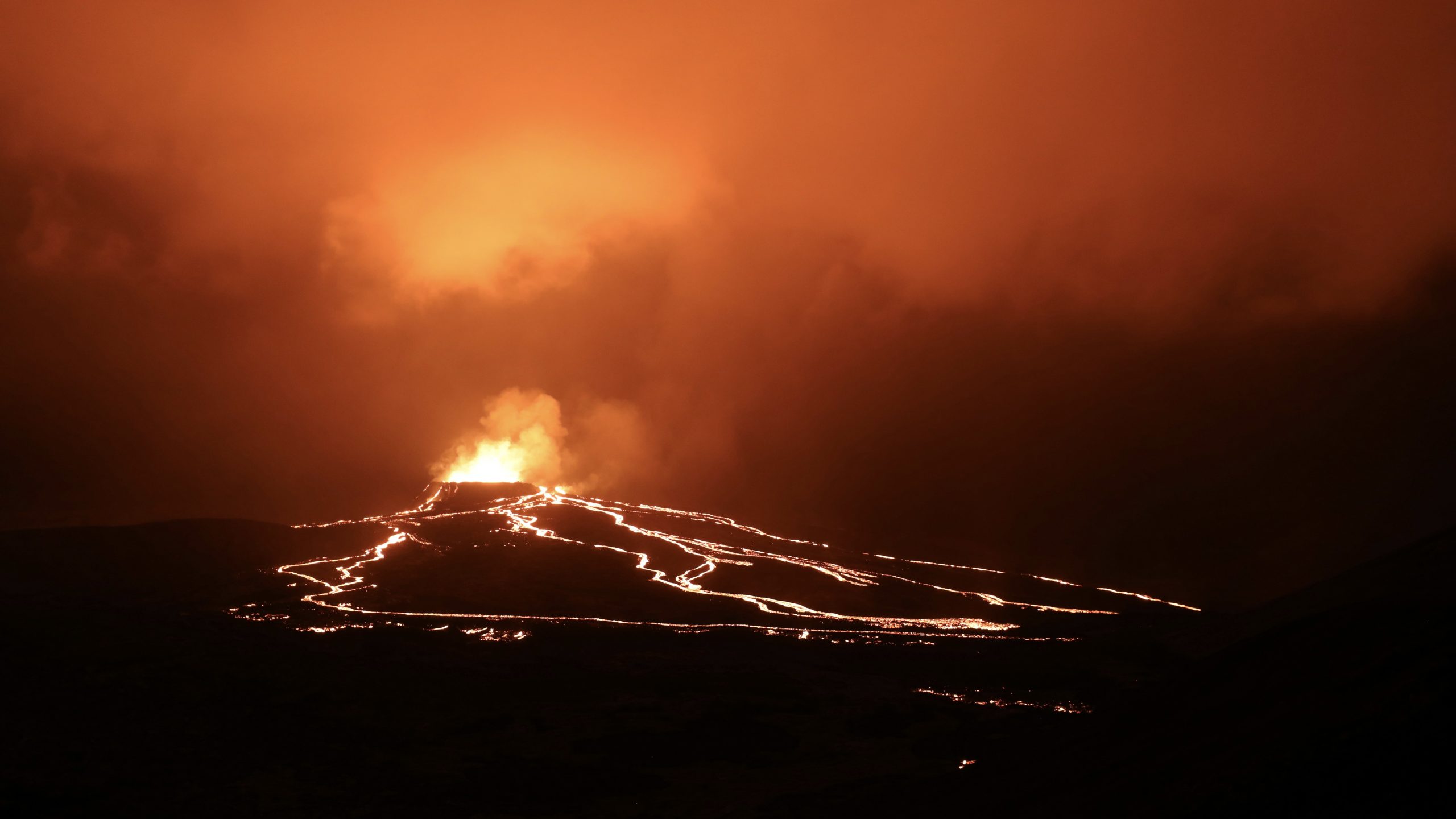During an explosive eruption, volcanoes spew ash and gases into the stratosphere. Those gases can linger and affect the climate for several years.
Rosaly Lopes of NASA’s Jet Propulsion Laboratory says generally, volcanic eruptions cause global cooling.
Lopes: “The eruption of Tambora in 1815, that actually cooled the climate so significantly that in Europe, the year 1816 was called the year without a summer.”
The cooling is driven by sulfur dioxide in the upper atmosphere, which combines with water molecules to produce sulfuric acid. When that condenses, it forms aerosols that reflect the sun’s rays back to space.
Lopes says volcanoes also emit carbon dioxide, which increases global warming, but only a relatively small amount — especially compared to human activities.
Lopes: “The 1980 eruption of Mount Saint Helens … released 10 million tons of CO2 into the atmosphere in the first eight or nine hours. But that amount is released by humans every two-and-a-half hours.”
So volcanoes are not causing today’s global warming.
Reporting credit: ChavoBart Digital Media
We help millions of people understand climate change and what to do about it. Help us reach even more people like you.
Source link


